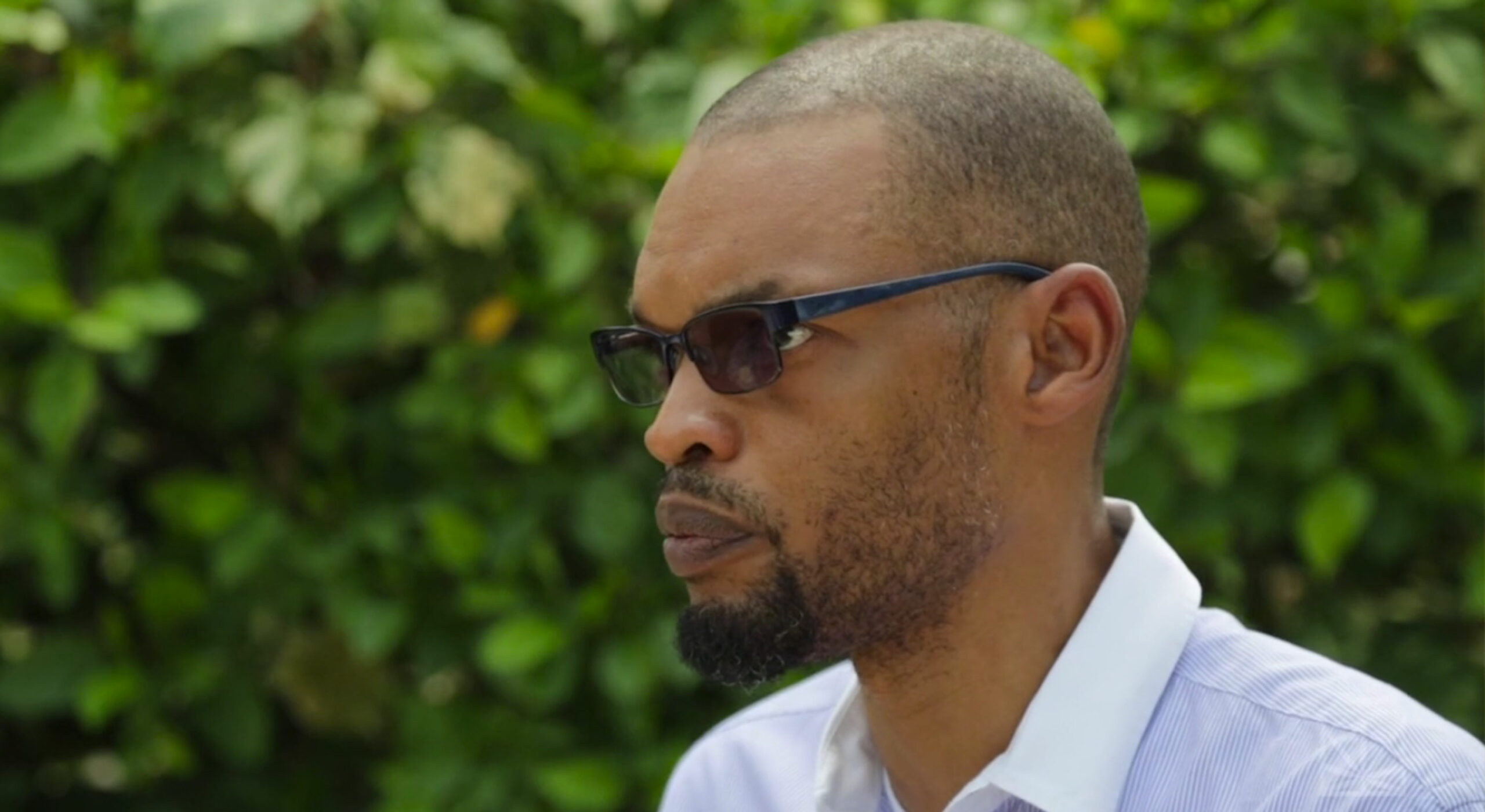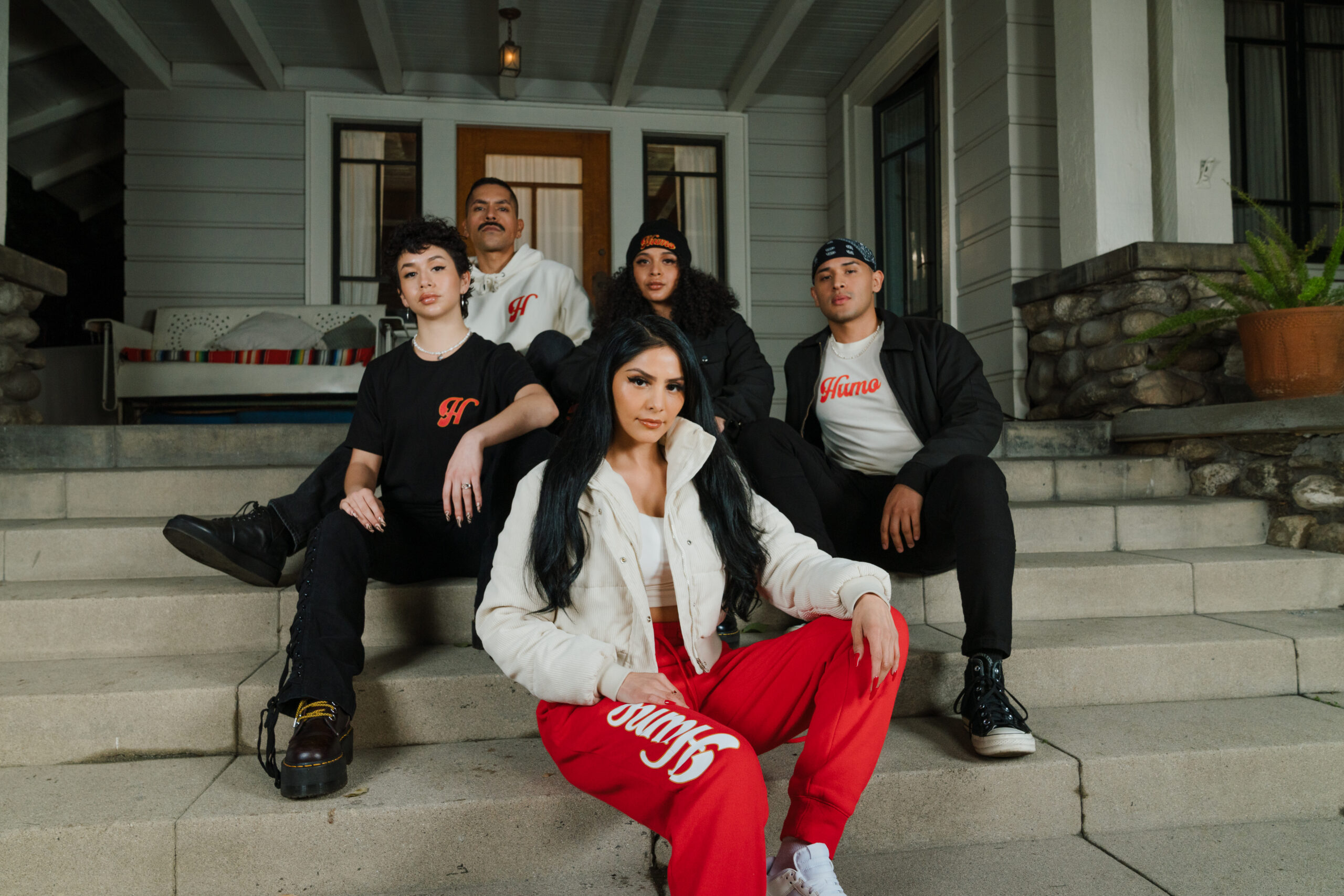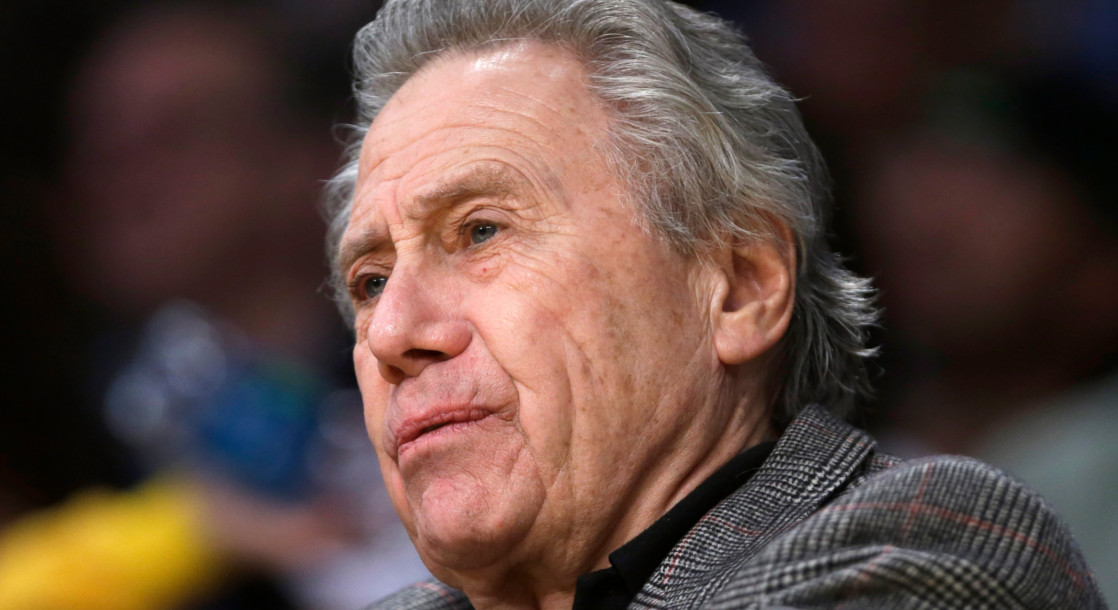Tokers often get stereotyped as lazy, apathetic, and altogether unproductive, but a new study suggests that older Americans work harder and longer in states with legal medical weed.
The study, co-authored by researchers at Temple University and the Johns Hopkins Bloomberg School of Public Health, looked at over 100,000 survey responses from individuals age 51 and older. When states approve new medical marijuana laws, researchers discovered a 5 percent increase in full-time employment among those surveyed. From a sample of surveys for participants who qualified for medical weed (citing chronic pain, glaucoma, or cancer), that number jumped to 7.3 percent.
Why are older Americans working more in medical states? The researchers argued these laborers’ health improved thanks to cannabis. Survey participants in medical marijuana states reported less pain (by 4.8 percent) and better health (by 6.6 percent) compared to participants living in states under full prohibition.
“These findings underscore the close relationship between health policy and labor supply within older adults,” said Lauren Hersch Nicholas, Ph.D., who co-authored the study. “When we’re doing policy evaluations, we have to think not only about whether the policy is changing health outcomes, but also whether it does it in a way that supports labor force participation.”
This isn’t the first study to show that cannabis use translates to better workers. In 2016, research from the University of Wisconsin found that employees in medical states took fewer sick days, about 8 percent less than workers in non-legal states. According to the CDC, workers calling out sick costs US businesses $225 billion every year, or about $1,600 per employee.
Although it’s always good news to hear that Americans are getting more work, are America’s seniors working too hard? Some research indicates working beyond the average retirement age can improve mental acuity, physical well-being, and sociability.
But working past the age of 62 can increase mortality, so maybe this is one public policy issue we shouldn’t expect weed to fix.
Follow Randy Robinson on Twitter











